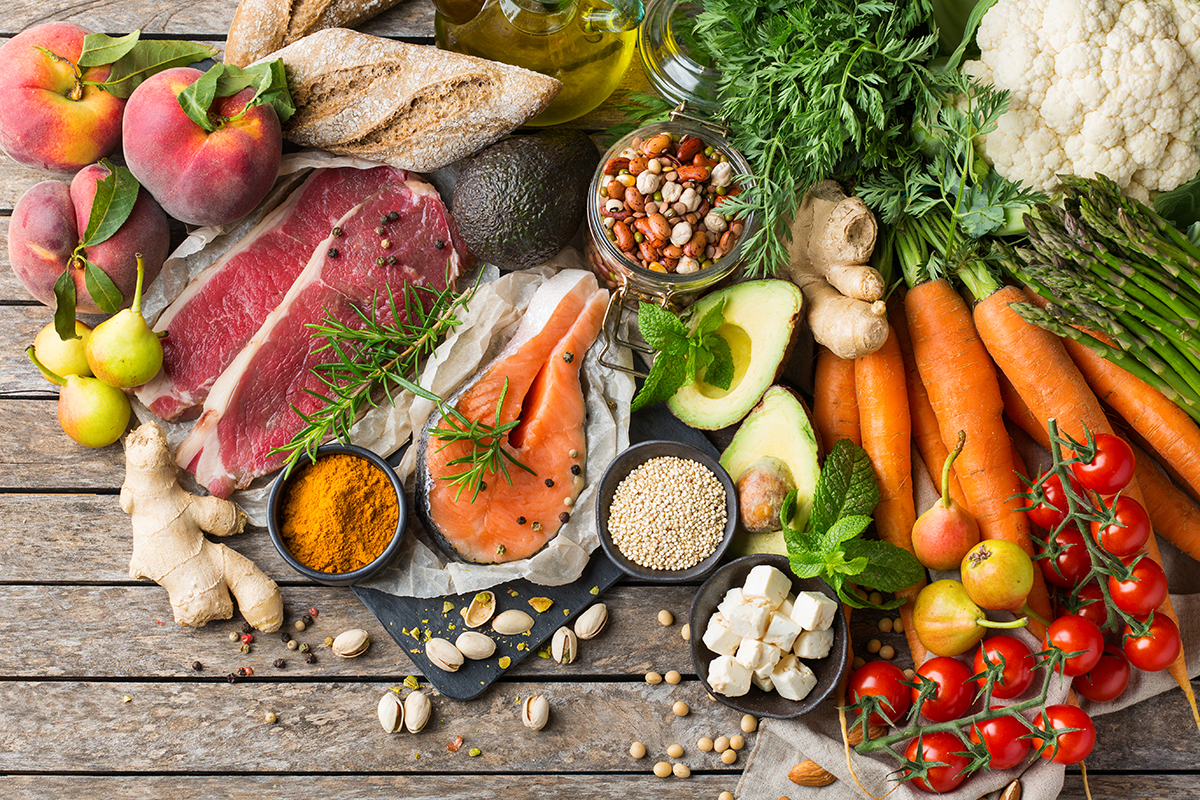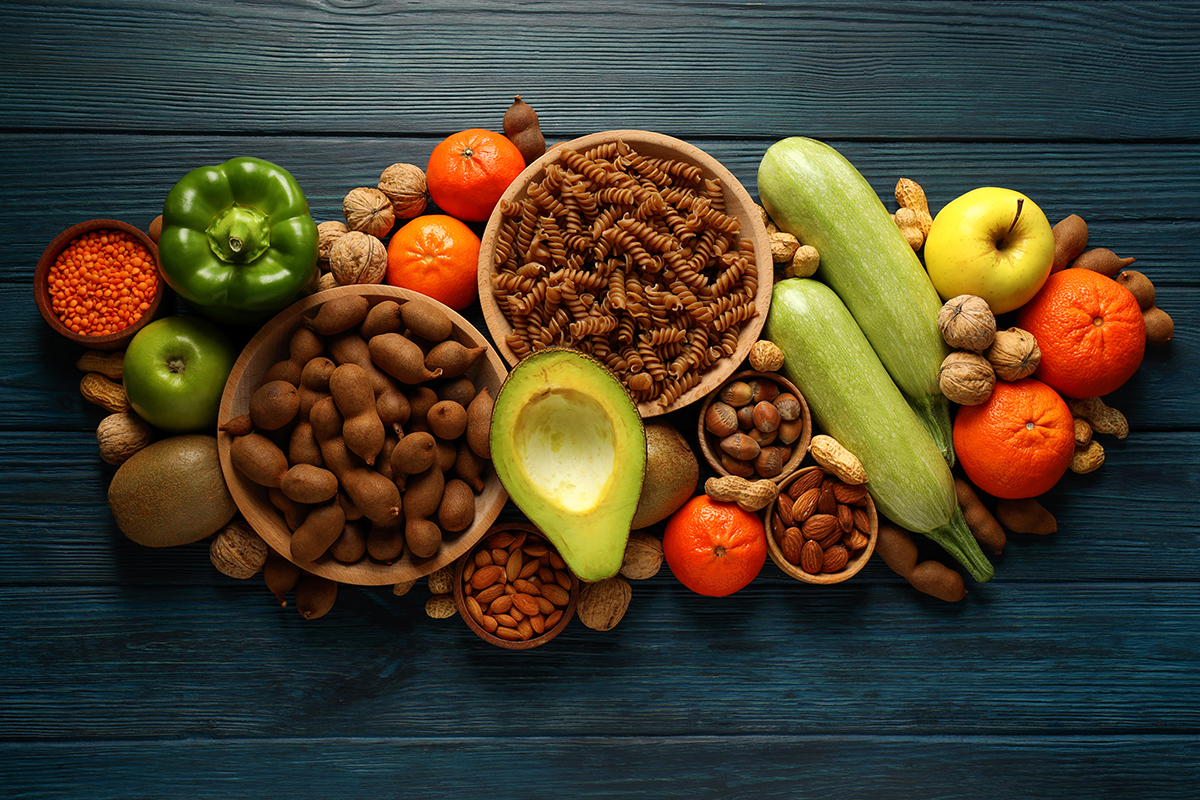In today’s fast-paced world, the understanding of nutrition and its crucial role in fitness and well-being is increasingly becoming vital. It is not just about leading an active life but ensuring that this active life is fueled effectively and efficiently. Fitness nutrition is the magic key that helps ignite the spark of workouts, drives performance enhancement, and speeds up recovery. In this comprehensive guide, we’ll explore this fascinating relationship between nutrition and fitness, unveiling how mastering this can significantly enhance your overall well-being.
Table of Contents
- Understanding Fitness Nutrition
- Impact of Nutrition on Fitness and Recovery
- Essential Nutrients for Fitness Enthusiasts
- Personalizing Nutrition Strategies for Fitness Goals
- Real-life Case Studies: Fitness Nutrition in Action
- The Long-term Impact of Nutrition on Overall Well-being
- Common Misconceptions About Fitness Nutrition
- Conclusion
Understanding Fitness Nutrition
Fitness nutrition is a pivotal factor in anyone’s fitness journey. It is the silent pillar that upholds your fitness routine and the backbone of your performance. Fitness nutrition refers to the necessary dietary intake designed to support intense physical activity and promote recovery. This includes understanding the right balance of macronutrients—carbohydrates, proteins, and fats, and ensuring an adequate supply of micronutrients—essential vitamins and minerals. But fitness nutrition transcends beyond the realm of what you eat—it’s also about when you eat. Timing your meals and snacks to align with your exercise schedule can help enhance your performance and speed up recovery.

The notion of fitness nutrition differs significantly from the traditional understanding of dieting. While dieting often entails restriction, fitness nutrition emphasizes providing your body with the fuel it needs to thrive. Rather than obsessing over calories, fitness nutrition focuses on the quality of those calories. It is about consuming wholesome, nutrient-dense foods that support your health and fitness goals.
Impact of Nutrition on Fitness and Recovery
Like yin and yang, nutrition and fitness are two sides of the same coin. The impact of nutrition on fitness is profound—it fuels your workouts, facilitates muscle repair and growth, and profoundly influences body composition. A well-thought-out and personalized diet plan can drastically improve your performance, fast-track your recovery, and push you closer to your fitness goals. For instance, a pre-workout meal rich in complex carbohydrates provides sustained energy during your training sessions. On the other hand, a post-workout meal heavy in protein aids in muscle recovery and growth. Ignoring the nutrition aspect of fitness could lead to excessive fatigue, underwhelming performance, and slower recovery times. It’s like trying to drive a sports car with an empty fuel tank—it simply won’t work.
Moreover, adequate nutrition also aids in injury prevention. Deficiencies in certain nutrients, such as calcium and vitamin D, can make you prone to injuries like stress fractures. Similarly, insufficient protein intake can lead to muscle wasting, thereby increasing your susceptibility to injuries. Therefore, maintaining a nutritionally balanced diet is not just about improving performance—it’s also a matter of safeguarding your fitness journey.
Essential Nutrients for Fitness Enthusiasts
- Protein: Essential for muscle recovery and growth. Great sources include lean meats, dairy, eggs, and legumes. Post-workout protein consumption aids recovery and muscle building.
- Carbohydrates: Primary energy source for workouts. Foods like whole grains, fruits, and vegetables offer sustained energy and prevent fatigue.
- Fats: Participate in hormone production, vitamin absorption, and provide energy for long, low-intensity workouts. Opt for healthy fats found in avocados, nuts, seeds, and fish.
- Vitamins and Minerals: Crucial for metabolism, bone health, and immunity. They aid in energy production, prevent oxidative damage, and support tissue repair. Diverse fruit and vegetable intake can help meet vitamin and mineral needs.
Personalizing Nutrition Strategies for Fitness Goals
While there are universal principles in fitness nutrition, the individualization of these strategies is the real game-changer. Different fitness goals require unique nutrition strategies—a one-size-fits-all approach just won’t cut it. For instance, if your goal is weight loss, a diet that creates a calorie deficit would be ideal. Conversely, for muscle gain, a calorie surplus coupled with ample protein intake is the way to go. Those looking to improve endurance would need to focus more on carbohydrates to fuel their long, strenuous workouts. In other words, aligning your diet with your fitness goals is paramount to see tangible results.

Working with a registered dietitian or a nutritionist can be helpful in creating a personalized nutrition plan. They can provide guidance on portion sizes, meal timing, nutrient balance, and food choices to best meet your specific needs and preferences.
Real-life Case Studies: Fitness Nutrition in Action
Understanding the theory of fitness nutrition is important, but witnessing its practical applications can offer an entirely new perspective. In the realm of professional sports, the role of nutrition in enhancing performance and recovery is deeply recognized and meticulously implemented.
Case Study 1: The Olympic Athletes
The dietary approach of Olympic athletes is a testament to the power of fitness nutrition. The precision in their nutrition strategies is just as impressive as their athletic abilities. For instance, endurance athletes like marathon runners and cyclists typically follow a carbohydrate-loading protocol before their events. This strategy involves consuming a high-carbohydrate diet in the days leading up to the event, aiming to maximize glycogen stores in the body for sustained energy release during the competition.
Case Study 2: The Bodybuilders
Bodybuilders and weightlifters stand as perfect examples of the profound impact of nutrition on muscle growth. Their diet is meticulously planned to promote muscle hypertrophy and recovery while minimizing fat gain. A key aspect of their nutrition strategy is the high protein intake, sometimes up to 2 grams per kilogram of body weight, to stimulate muscle repair and growth. The timing of their meals, especially the post-workout meal, is also highly prioritized to optimize recovery.
The Long-term Impact of Nutrition on Overall Well-being
Nutrition’s role extends far beyond the fitness realm. Proper nutrition can have a significant impact on your overall well-being, reducing the risk of chronic diseases, enhancing mental health, and promoting longevity. A balanced diet, rich in various nutrients, helps maintain a healthy body weight, regulate blood pressure and blood sugar levels, and support heart health. Certain nutrients, such as omega-3 fatty acids and vitamin D, have been linked to improved mood and mental health. Investing time and effort into planning your diet can yield far-reaching benefits, impacting not just your physical but also your mental health.

Common Misconceptions About Fitness Nutrition
As the interest in fitness nutrition has grown, so have the misconceptions surrounding it. These misconceptions can often deter individuals from making beneficial dietary changes or push them to adopt harmful dietary practices. Here are some common misconceptions and the facts behind them:
- Myth: Protein is only essential for those looking to build muscle. Fact: While protein is indeed vital for muscle growth, it’s a necessary nutrient for everyone, irrespective of their fitness goals. Protein aids in the growth and repair of all body tissues, including skin, hair, and nails. It also plays a role in enzyme and hormone production.
- Myth: Carbohydrates make you gain weight. Fact: Excessive calories, not carbohydrates, lead to weight gain. Carbohydrates are the body’s primary energy source and are crucial for those leading an active lifestyle. The key is choosing complex carbohydrates over simple ones for sustained energy release.
- Myth: All fats are bad. Fact: Fats are an essential nutrient required for numerous bodily functions. The type of fat is more important than the amount. Healthy fats, like those found in avocados, nuts, and fish, offer numerous health benefits, including heart health and inflammation reduction.
Conclusion
The journey to fitness is not a sprint—it’s a marathon. Along this journey, fitness nutrition emerges as a vital companion, helping you navigate the path to your goals more effectively. Mastering the art and science of fitness nutrition allows you to fuel your body optimally for peak performance and accelerated recovery. Beyond the realm of fitness, a well-planned, nutritious diet can significantly contribute to your overall well-being by reducing the risk of chronic diseases, improving mental health, and promoting longevity. So, as you embark or continue on your fitness journey, remember to pay heed to your nutrition—it could be the secret ingredient to unlocking your fitness potential.







